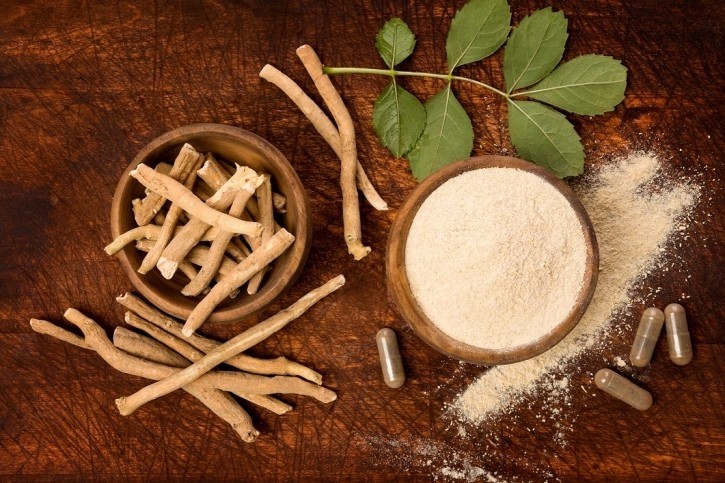Ashwagandha warning: Australian officials issue safety advisory, highlight risks of unregulated, overseas products

The Therapeutic Goods Administration (TGA) has highlighted the potential for gastrointestinal symptoms and very rare cases of liver injury following consumption.
It noted that some reports of liver damage involved products purchased online from overseas.
“You should exercise caution when considering buying medicines online. Medicines bought online from overseas are not regulated by us for quality and safety,” it added.
About 320 medicines listed in the Australian Register of Therapeutic Goods (ARTG) contain Withania somnifera.
The regulator stated: “Consumers and health professionals are advised that medicines and herbal supplements containing the herb Withania somnifera may cause side effects (known as ‘adverse events’) in some people. This includes sudden and potentially severe gastrointestinal symptoms in some people and, in very rare cases, may be associated with liver injury.
“Withania somnifera is a widely used medicinal herb with a long history of traditional use in Ayurvedic medicine. It can be bought in supermarkets, health food shops and pharmacies without a prescription and without the advice of a health professional.”
The regulator is now monitoring reports of gastrointestinal problems experienced by consumers taking products containing Withania somnifera, such as sudden severe nausea, vomiting and diarrhoea. In some reports, vomiting and diarrhoea occurred after a single dose and, in some cases, it was initially mistaken for food poisoning.
“Reactions resolved after discontinuation of the product but 16 cases were still severe enough to require hospitalisation. Some of these cases involved other ingredients known to cause gastrointestinal side effects, but severe reactions requiring hospitalisation are not expected from these ingredients. However, it is still possible they may have contributed in some cases,” it stated in the advisory.
The TGA has also received 12 reports of liver problems experienced by consumers taking products containing Withania somnifera up to February 5.
“Seven of these reports had enough information to suggest a liver injury that may have been caused by Withania somnifera. In 4 of these cases there were no other ingredients likely to have contributed to the liver injury. The other three cases involved additional products or ingredients that may have contributed to liver injury. Most patients recovered after they stopped using Withania somnifera, although some required medical treatment. Four cases required hospitalisation.
“In response to these reports, we completed a safety investigation of the ingredient Withania somnifera and the risk of liver injury. Available evidence shows that there may be a very rare risk of liver injury from taking Withania somnifera.
“This is a relatively new issue globally, and we are continuing to closely monitor emerging evidence. If further substantiating evidence arises, regulatory actions will be considered. This could include warning statements on product labels or other changes to the requirements for ingredients permitted for use in listed medicines.”
Reporting requirements
Industry association Complementary Medicines Australia (CMA) has encouraged the sector to be aware of the pharmacovigilance and reporting responsibilities of medicine sponsors.
“The TGA accept a risk-based approach which is generally is expected to include more regular monitoring of ingredients associated with adverse events,” it told members.
It also noted that in 2023, a review examined biological markers of health status measured before participants took Withania supplements and again at the end of the study.
“Three studies monitored the liver enzymes which are key biochemical indicators of Herb Induced Liver Injury (ALP, ALT and AST). The levels of these enzymes remained within healthy range.5 Finally, a 2021 a systematic review of 12 studies, trialling a range of doses of Withania including extracts standardised to 5% and 10% withanolides and 35% withanolide glycosides, in healthy people found no serious health concerns.”
This latest TGA advisory could be a precursor to a proposal to include a liver warning statement on complementary medicines containing Withania at the next annual Permissible Ingredients Determination Consultation in August-September this year.



















